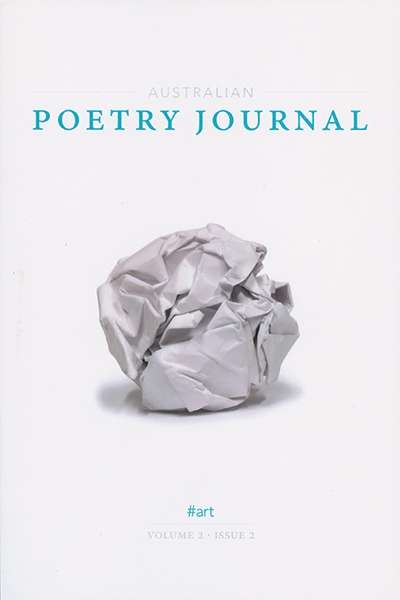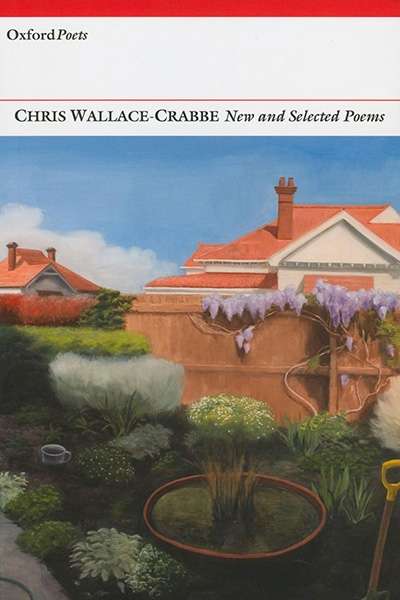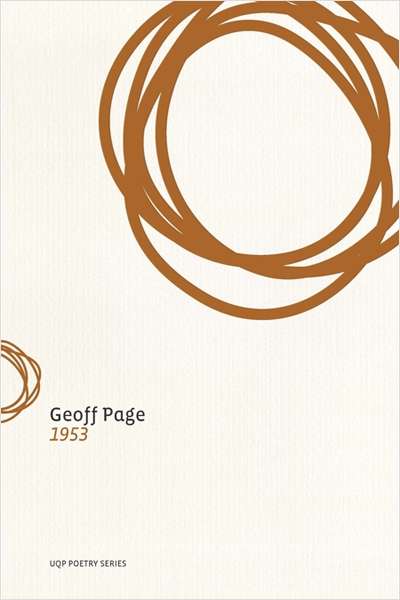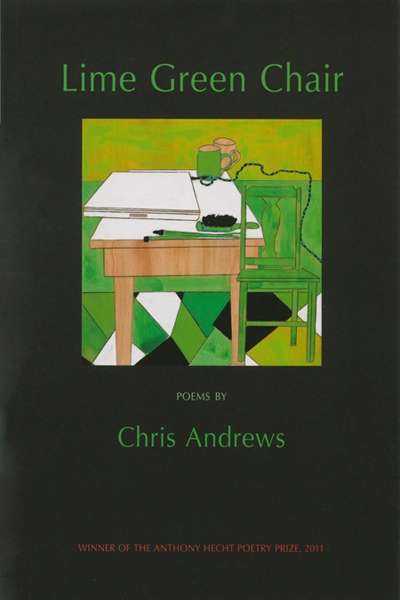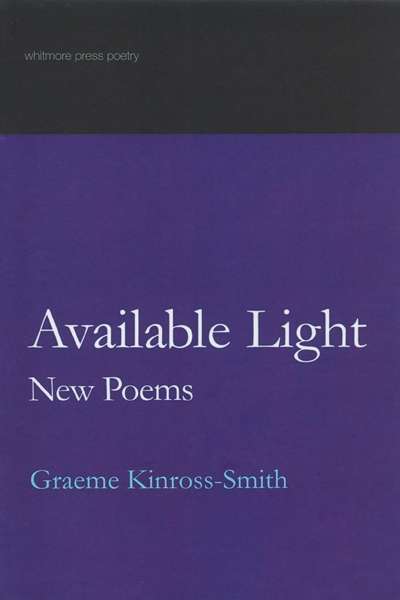Michael Brennan has looked into the future in his new poetry collection, Autoethnographic, and come to the obligatory dsytopic conclusions. There is global warming, social breakdown, closed airports and borders, and so on, and, of course, a mysteriously catalytic event – in this case it is called The Great Forgetting. It would be a mistake, though, to think that Brennan is some kind of post-everything Hanrahan, because he and his characters seem to be loving every minute of it. Picaresque, spiky, with an infectious rhythm that makes Brennan’s tangentially connected mini-narratives almost bounce off the page, it collapses a varied collation of literary modes from the past into a dense knot of decay in the near future.
...
(read more)


